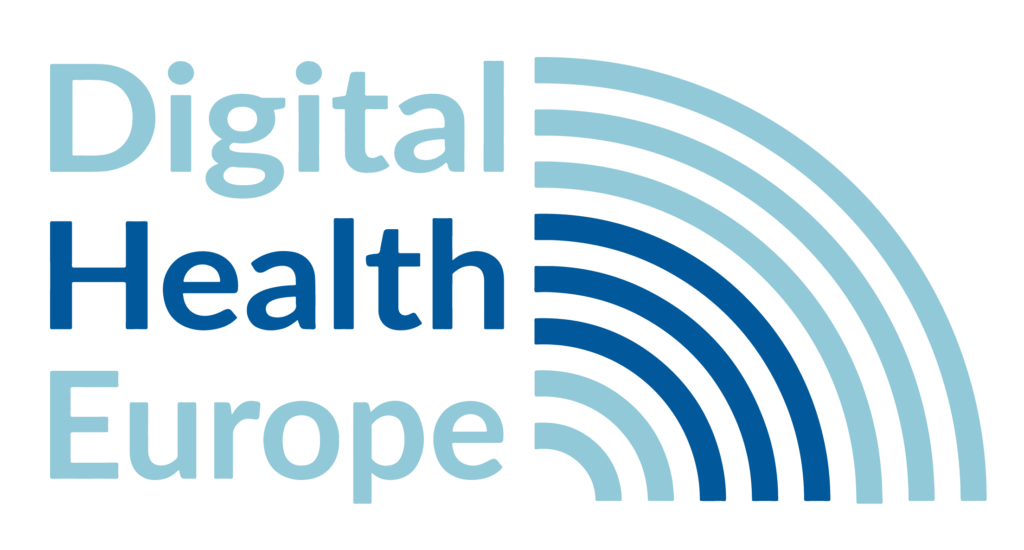How an international joint research infrastructure is improving cancer treatment in Europe.
Colon Capsule Endoscopy (CCE) technology, where the bowels are investigated by a small “camera pill” instead of a traditional colonoscopy, has shown great potential for improving diagnostics of colorectal cancer in addition to being less unpleasant for the patient. It also represents a way for healthcare organisations to improve efficiency across the care pathway and ease the workload of healthcare professionals. Early trials of the technology have shown that it is more effective than traditional diagnostic tools in identifying abnormalities that could be precursors of colon cancer.
However, there are various barriers inhibiting large-scale adoption of the method. One of the main challenges is a lack of research and data to perfect the way CCE is used to get the best results – both in terms of clinical outcomes for the individual patient and the service infrastructure around the intervention in the health systems. To overcome such barriers, the DigitalHealthEurope twinning scheme brings together owners of good practices (originators) with adopters, who are ready to learn and implement digital health solutions in their respective contexts.
Researchers in both Denmark and Scotland see great potential in CCE and are working on large clinical trials to investigate the best ways of employing the technology –and are now working collaboratively to create a joint database to maximize the output of their efforts. The joint infrastructure will be based on the current database from the DHE twinning originator, Odense University Hospital, Denmark. Knowledge will be transferred to the Scottish twinning adopters, NHS Highland and the Digital Health and Care Institute.
During the DHE twinning project, the research teams in Denmark and Scotland spent the last months identifying the best way to compile CCE data to create a structure for both clinical practice and clinical research. They have also worked with technical researchers on creating algorithms that can help analyse the data. Letting the algorithm review videos of capsule colonoscopies will enhance the efficiency and accuracy of the procedure and ensure high quality investigations.
The current focus is on establishing the practical part of the data sharing which includes data sharing legislation and agreements. The Danish data infrastructure has been implemented while the Scottish infrastructure is still in development.
At the same time, the researchers are looking at different areas that can add to the collaboration and clinical CCE research across the two countries, such as joint studies on patient-related outcomes and development of prediction models.
The DHE twinning project runs until April 2021 but the collaboration on CCE in clinical practice and research will continue between the partners, as the creation of the joint data infrastructure is the first step towards a long-running research partnership.
More information about the DHE CCEResearchInfrastructure twinning can be found here.
